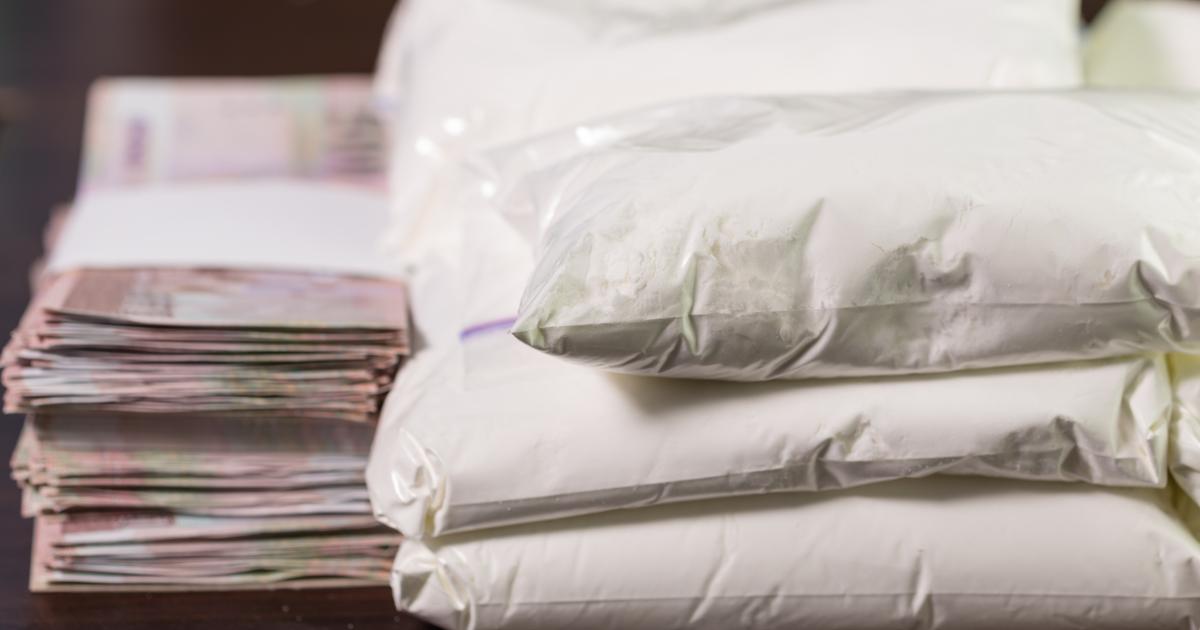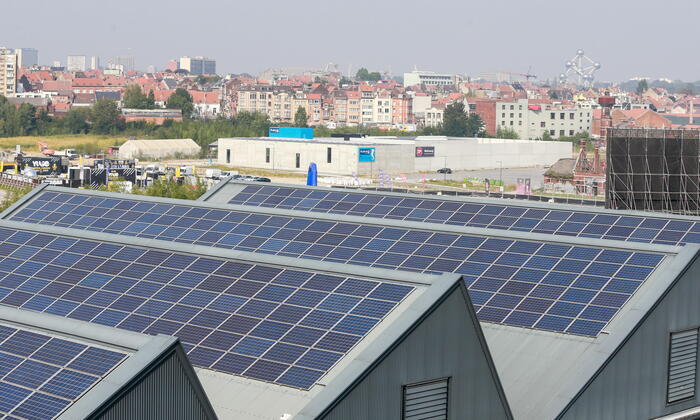Daraa-Sana
Daraa governorate tops the production of tomatoes in Syria, as it provides half of Syria's needs of this crop, in addition to being the most desirable for consortium factories that produce tomato paste and other products that cover the local market and some Arab and European markets, according to the Agriculture Directorate.
The Director of Agriculture, Engineer Abdel-Fattah Al-Rahal, said in a statement to the SANA Economic Bulletin: The tomatoes in the Houran region are distinguished by their taste, distinct flavor and abundant production of juice, indicating that the cultivated area amounts to 3,900 hectares, while production estimates reach about 480 thousand tons.
Al-Rahal pointed out that the farmer in Daraa has become an expert in the needs of the tomato crop, as he was able to harmonize the weather conditions and the needs of the soil as well as the services provided to the plant, and this contributed to the high productivity of one dunum, indicating that the governorate’s production covers 70 to 80 percent of the needs of the consort plant in all provinces .
For his part, Eng. Bassam Al-Hasheesh, Assistant Director of Agriculture, explained that Daraa Governorate constitutes the back garden of Damascus in the production of vegetables, especially tomatoes, which are considered essential cultivation in Daraa, indicating that farmers have maintained high productivity of the tomato crop as a result of their use of modern methods despite the high production costs and the high cost of basic agricultural supplies.
Al-Hasheesh pointed out that the directorate, in cooperation with the concerned authorities, is securing production requirements for farmers, such as fertilizer, through the branches of agricultural banks and fuel to irrigate the crop, where the government’s approach is to integrate agricultural and industrial work and establish facilities for the manufacture of consoles that absorb surplus tomato production to manufacture tomato paste with standard specifications.
Engineer Abdel-Rahman Al-Hariri, owner of one of the consortium plants, indicated that the daily production capacity of his plant amounts to 300 tons of tomatoes, which secures about 40 to 50 percent of the plant's needs from their land, and the rest of the needs are purchased from farmers in the neighboring areas, indicating that his factory produces tomato paste that conforms to the Syrian standard specifications. It also owns modern technology for producing tomato paste with export specifications, as the governorate is considered a pioneer in cultivating and manufacturing tomato crops with the best high-yield varieties and excellent industrial specifications.
For his part, Muhammad al-Hariri, one of the plant in charge, explained that the plant begins the production process in July and ends in mid-November, and about 50 workers work in it divided into two shifts. The duration of the shift is 12 hours, which decreases to 8 hours after the end of the tomato season, pointing to the continuation of work and production without stopping during Years of crisis, despite the existence of some difficulties encountered in the production process, such as the shortage of fuel and the difficulty of securing transportation.
The head of the Department of Agriculture, Eng. Ahed Al-Zoubi, stated that the number of establishments specialized in making tomato paste in his work area is 5 establishments distributed over the city of Azra 3 and one in each of Namer and Al-Harak. The production capacity is between 250 and 300 tons per day of tomatoes, indicating that the area planted with tomatoes in the area The plantation amounted to 8 thousand dunums, and the production of one dunum decreased to between 8 and 10 tons due to the high requirements of agricultural work such as fertilizers, seedlings and pesticides.
The director of industry, Eng. Abdul Waheed Al-Awad, stated that the number of conserve factories operating in Daraa reached until the end of August, 22 factories with a production capacity ranging between 50 and 250 tons per day of tomato grains per day, while the quantities produced from the beginning of the season amounted to about 35 thousand tons of tomato paste, indicating The directorate is working to secure the establishments' need of production requirements, especially fuel and diesel, in the quantities necessary to continue its work, which starts from August and continues until November.
The tomato cultivation season provides many job opportunities for families in the governorate and from neighboring governorates, whether in the land, the factory, or the transfer of the crop. Farmer Ahmed Hariri pointed out that the production is good and a large part of it is supplied to Damascus, calling for more support to farmers, especially in the field of fuel. Nawaf Al-Naamat, a car owner, explained that his work is limited to delivering tomatoes to the Al-Hal market in Damascus during the harvest period, while Amina Ali from Damascus countryside said that she works with her family members in harvesting the tomato crop in Daraa countryside, which provides an additional source of income for the family.
When Al-Masalmah and Qasim Al-Miqdad
SANA Economic Bulletin








